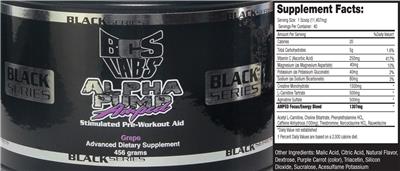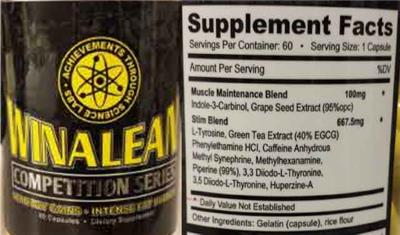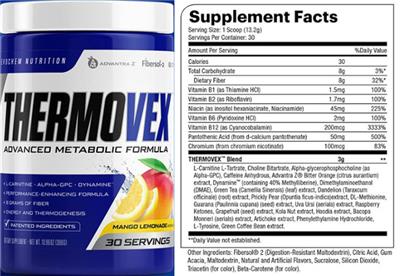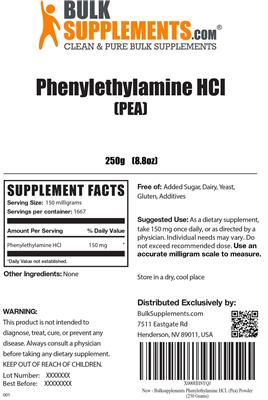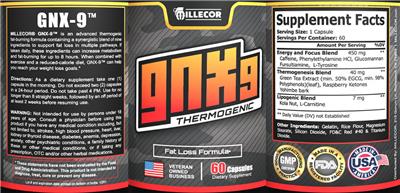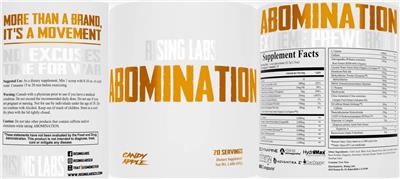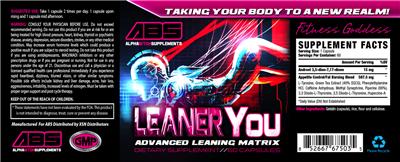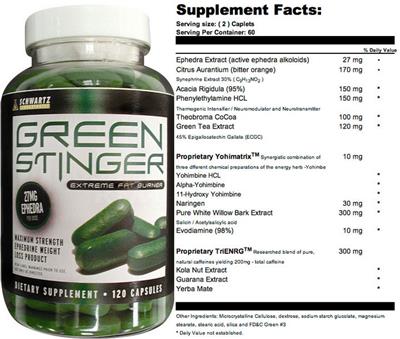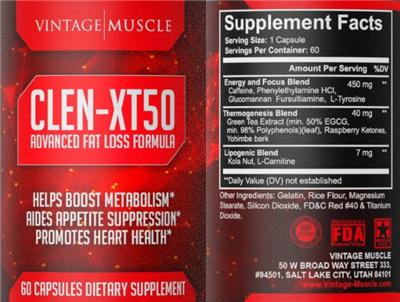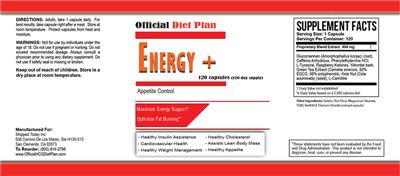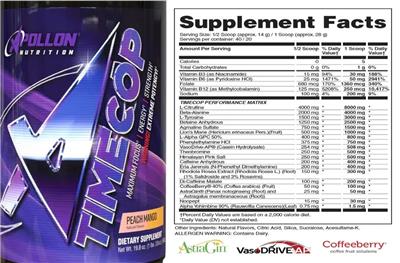Phenylethylamine Hydrochloride
Category: non-nutrient/non-botanical
Group: Phenylethylamine (PEA)
Phenylethylamine Hydrochloride (PEA HCl) is a naturally occurring monoamine alkaloid and trace amine found in the human body and various foods. It acts as a central nervous system stimulant and neuromodulator, influencing mood, focus, and energy levels by promoting the release of neurotransmitters such as dopamine and norepinephrine.
Also known as:
Disclaimer: The information below is AI-generated analysis and should not be considered medical advice. Data may be incorrect, incomplete, or outdated. We are not responsible for the quality, accuracy, or reliability of this information. Always consult your healthcare provider before using any ingredients or products.
Uses
Used primarily as a mood enhancer and cognitive stimulant, Phenylethylamine Hydrochloride may help improve focus, alertness, and feelings of well-being. It is also used in weight loss supplements due to its potential to increase energy expenditure and suppress appetite.
Common Uses:
Side Effects
Common side effects may include jitteriness, increased heart rate, headache, and nausea. Rarely, it may cause anxiety, palpitations, or elevated blood pressure, especially at higher doses or in sensitive individuals.
Common Side Effects:
Rare Side Effects:
Precautions
Individuals with cardiovascular conditions, hypertension, anxiety disorders, or those sensitive to stimulants should avoid or use caution when taking Phenylethylamine Hydrochloride. It is not recommended for pregnant or breastfeeding women.
Avoid if:
Consult healthcare provider if:
Drug Interactions
Phenylethylamine Hydrochloride may interact with monoamine oxidase inhibitors (MAOIs), certain antidepressants, and other stimulants, potentially leading to hypertensive crisis or serotonin syndrome.
Medications that may interact:
Dosing
Typical supplemental doses range from 100 mg to 750 mg per serving, taken once or twice daily. Due to rapid metabolism, effects are short-lived, and dosing should be approached cautiously to avoid overstimulation.
Notice something incorrect?
If you notice any false or inaccurate information in our ingredient listings, please contact us so we can correct it.
